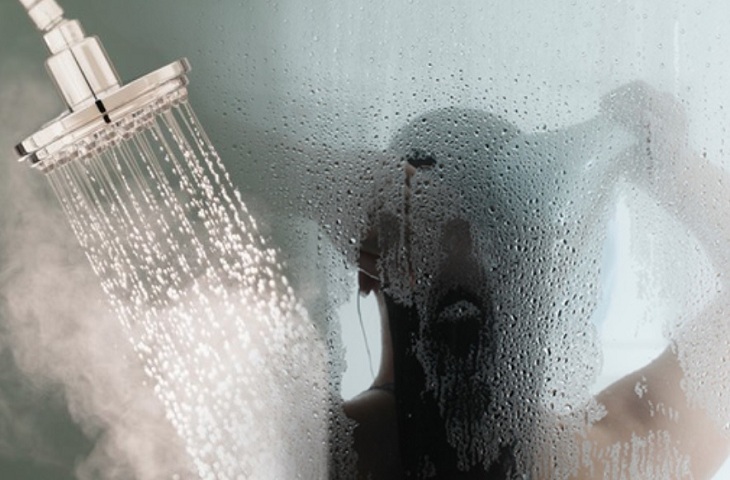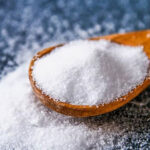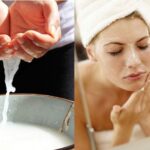1. Should You Take Hot or Cold Showers in the Summer?
Taking a shower with hot or cold water has its own pros and cons. According to research, cold showers offer several health benefits such as increasing levels of dopamine and norepinephrine, which can lead to feelings of happiness and excitement, as well as effectively reducing stress.
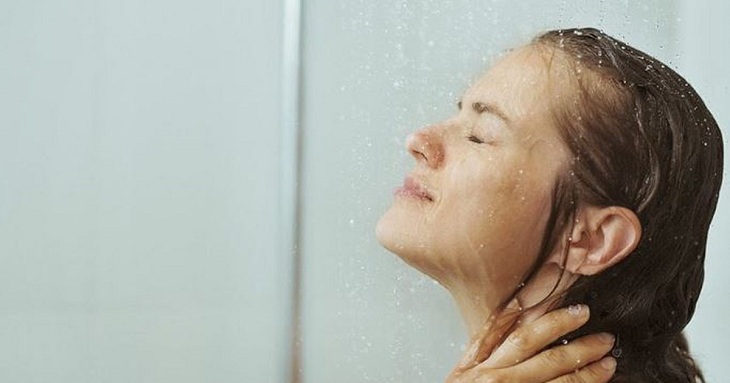
Additionally, cold showers improve blood circulation, boost energy metabolism, strengthen the immune system, and reduce pain, inflammation, and muscle spasms.
On the other hand, hot showers also provide impressive health benefits. They can improve cardiovascular health, reduce blood vessel blockage, and enhance blood flow in people with chronic heart failure.
Furthermore, hot showers can soothe migraine headaches by dilating blood vessels and reducing tension in the head.
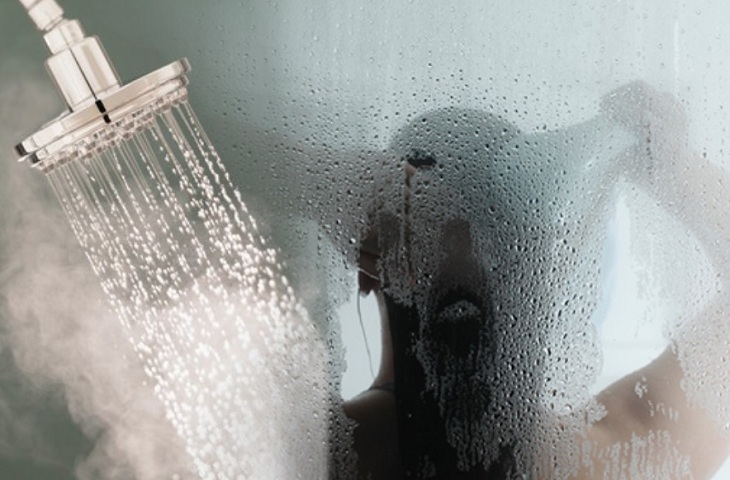
Hot showers also improve joint and muscle health, easing joint stiffness and muscle soreness, and enhancing brain function for a better night’s sleep.
In summary, both hot and cold showers offer certain benefits if done correctly. It is important to avoid prolonged showers and extremely cold or hot water to prevent drastic changes in body temperature.
2. Six Unexpected Benefits of Taking Hot Showers in the Summer
Stimulates Sweat Glands for Cooling
Experts agree that taking a warm shower in the summer is the best way to cool down and boost the body’s immunity. Warm water stimulates sweat glands, helping to cool the body, and leaving you feeling refreshed and relaxed afterward.
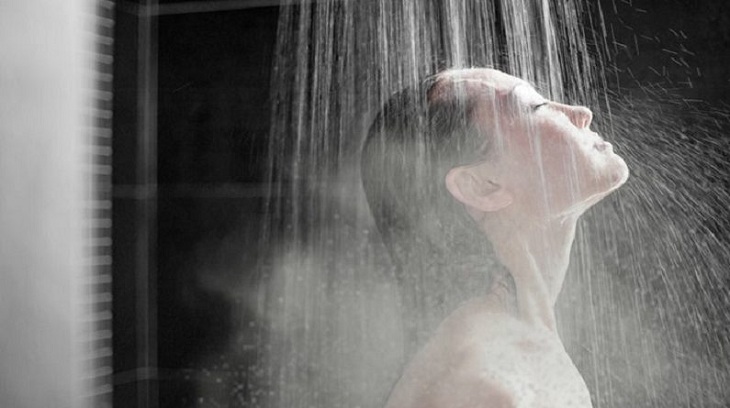
The best time to shower is in the morning after waking up, as it energizes and refreshes the mind, removing excess oil and sweat from the skin. During the day, the body temperature and environmental temperature are similar, preventing heat shock after showering.
Relieves Muscle and Joint Pain
Hot showers are also beneficial for people with joint and muscle pain, especially the elderly. Combine your shower with a pre-shower massage using essential oils for a more relaxing experience.
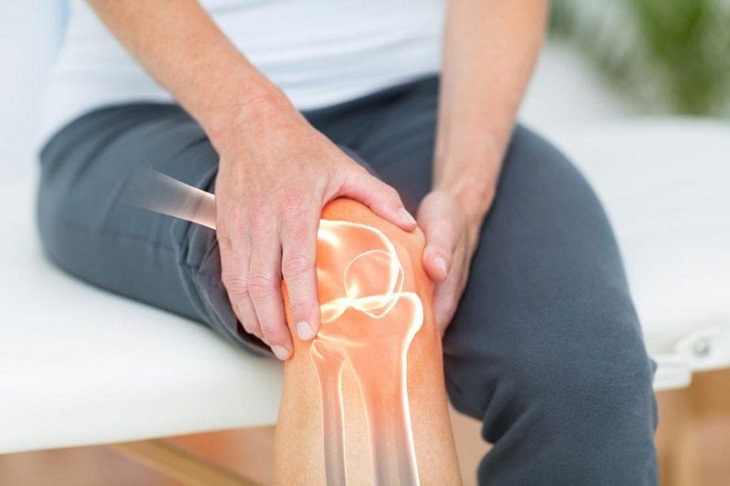
Soak in the tub for about 15 minutes and perform gentle exercises in the warm water to stimulate joint movement.
Joint and muscle pain can make us less active, but gentle exercises in warm water can significantly reduce pain and improve mobility.
Improves Blood Circulation and Aids Weight Loss
The temperature of hot water stimulates blood circulation. If you have a showerhead, aim the water at fatty areas like arms, belly, hips, and thighs for effective spot reduction.

Promotes Relaxation, Relieves Headaches, and Reduces Stress
Hot showers relax the body after a long, tiring day, regulate the body, calm the nerves, reduce stress, and improve sleep quality.

The warm water soothes nerves, improves blood flow to the brain, alleviates headaches, and provides a sense of comfort.
Beneficial for Type 2 Diabetes Patients
According to experts, Type 2 diabetes patients who soak in hot water for at least 15-20 minutes a day, five days a week, experience improved health, and a significant reduction in diabetes-related complications.
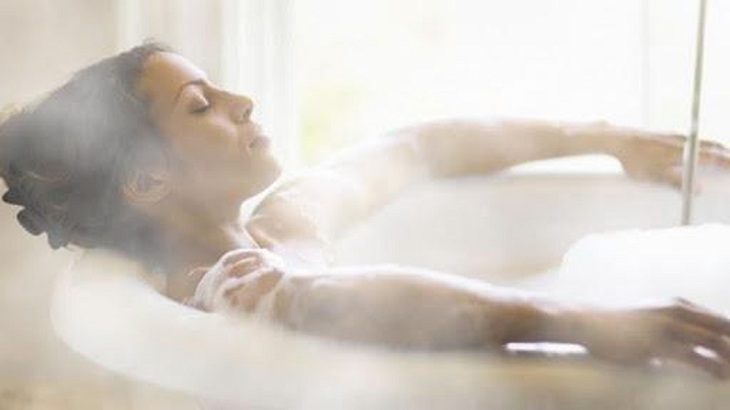
Exfoliates Dead Skin Cells
Washing your face with hot water helps remove dead skin cells faster, especially for oily skin with enlarged pores.
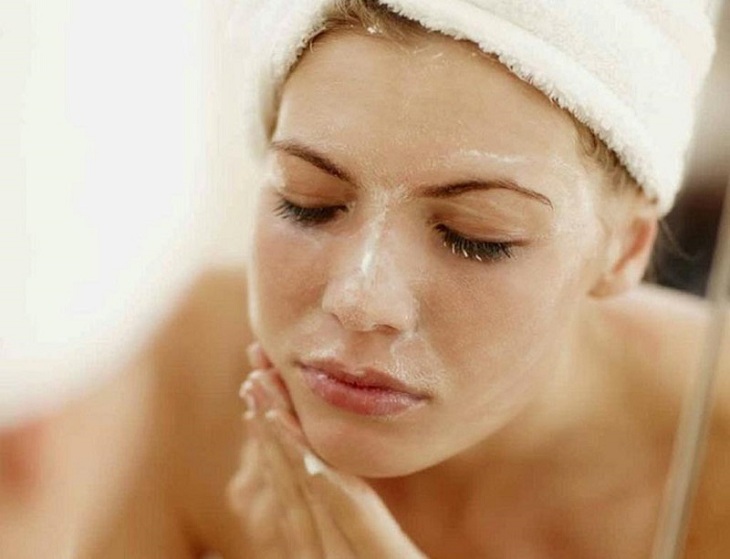
However, those with dry skin should avoid washing their faces with hot water as it can strip away the natural lipid layer, making the skin drier.
3. Five Things to Keep in Mind When Taking Hot Showers in the Summer
Choose the Right Time and Duration for Your Shower
In the summer, limit your shower time to 15-20 minutes if using a showerhead, and avoid showering for more than 30 minutes. Longer showers cause more water evaporation, reducing blood circulation and negatively impacting cardiovascular health and brain function.
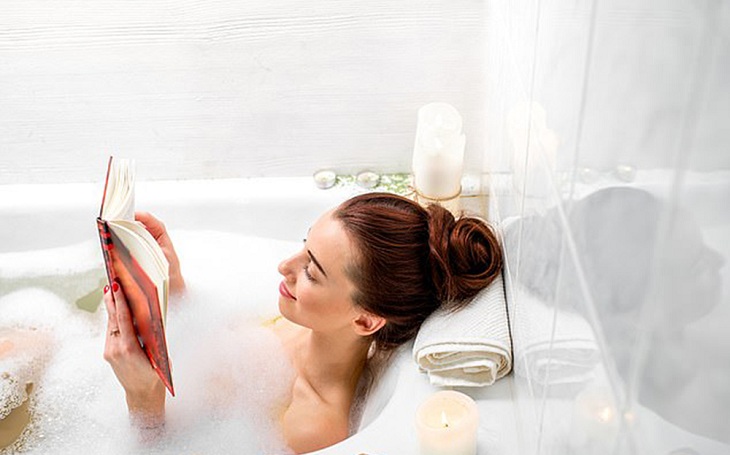
If using a bathtub, consider using a bath sponge to massage your body during the shower.
Choose the Best Time of Day to Shower
The ideal time to shower is after waking up, after morning or evening exercise, as it keeps the body cool and the mind refreshed. During the day, the body temperature and environmental temperature are similar, preventing heat shock after showering.

After intense physical activity and sweating, wait for at least an hour before showering. It is also recommended to shower one hour before eating or two hours after a meal for better digestion.
Set the Right Water Temperature
Hot showers dilate pores, effectively releasing heat and providing a cooling effect. The ideal water temperature for summer showers is 35-38°C, similar to body temperature. However, at 44°C, hot water can more effectively remove dirt and bacteria.
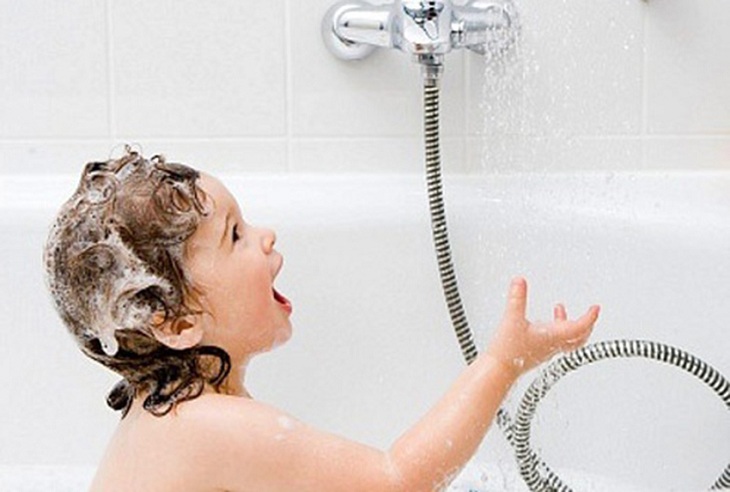
Note that extremely high temperatures can strip the skin of its natural oils (lipids), causing dryness. If using a water heater, adjust and check the water temperature before use.
Therefore, it is essential to choose a high-quality water heater that allows easy temperature adjustment, especially for the elderly and children, and has an anti-scalding function.
Consider Your Health Condition
In the summer, many people prefer hot showers at night to feel refreshed. However, those with cardiovascular and blood pressure issues should shower during the day with warm, not hot, water. It is best to shower after a light meal or at least two hours after eating to avoid an empty stomach.

After consuming alcohol, avoid both hot and cold showers as they can cause dizziness or fainting due to alcohol’s interference with glycogen release and blood sugar regulation.
Post-Shower Skin Care
Hot showers effectively remove bacteria and dead skin cells, providing an excellent opportunity for skincare routines such as face masks and the application of body lotions and whitening creams.
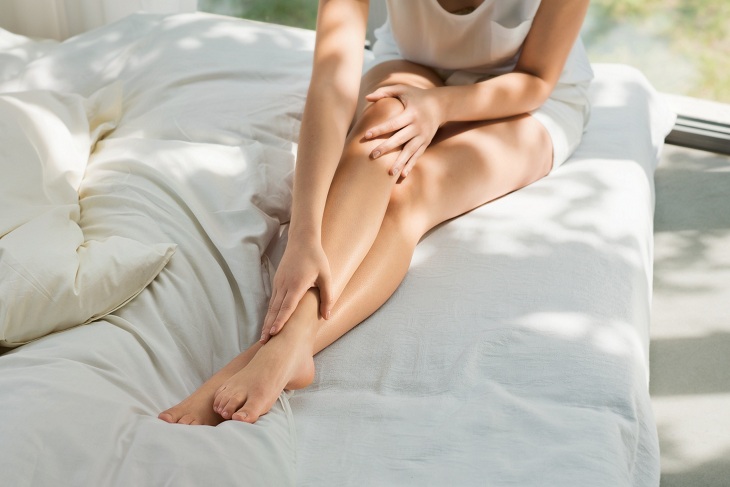
Dermatologists also recommend that men use moisturizing lotions on their face and neck in the morning and evening after showering to brighten, firm, and slow down skin aging.
The Ultimate Beauty Elixir: A Simple Secret to Radiant Skin
Rice water has been a well-kept beauty secret for centuries, with its skin-transforming properties. It is a powerful ingredient that can enhance your complexion, brighten and restore your skin to its youthful radiance. A true skin savior, rice water is the essential step to achieving a glowing and healthy canvas.
























